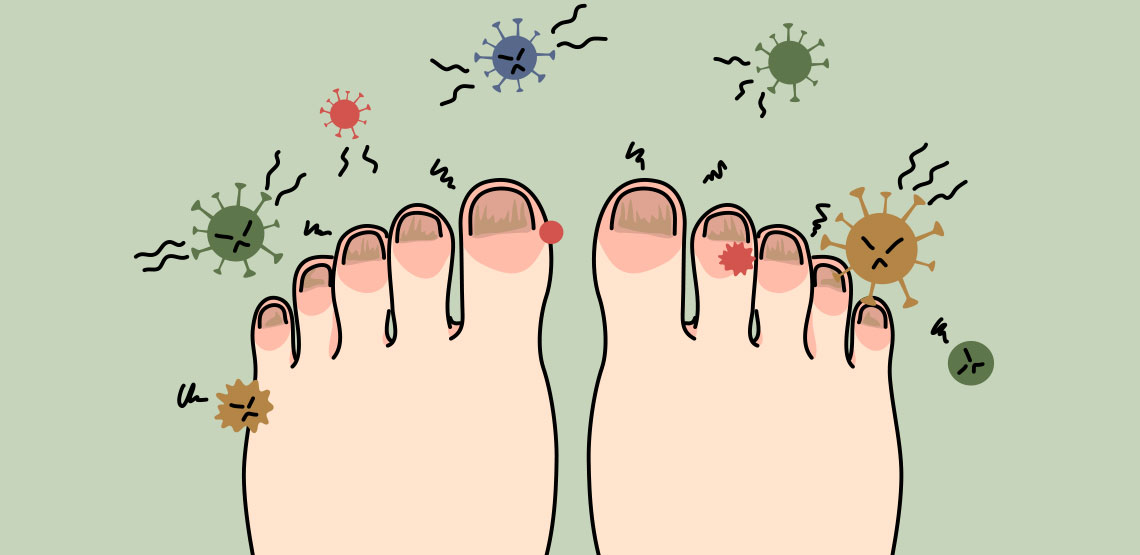Signs of Sleep Apnea
When you can sleep well at night, but your organs may not. Do you snore loudly while sleeping? Do you feel tired after a full night of sleep, or do you know someone who does? These could be signs of sleep apnea.
Sleep apnea is a sleeping disorder that affects around 22 million Americans. It prevents people from breathing during sleep. Although you do not wake up, your brain tells your organs to because they are being deprived of oxygen. Your organs then have to work harder to function, causing them to grow tired and possibly even become weaker over time. Because you are unlikely to wake up, you will not know you have the disorder until you take tests. Most people do not get tested until years after living with the disorder. It can occur at any age.
14 Symptoms and Signs
Symptoms of obstructive sleep apnea (OSA) and central sleep apnea (CSA) can overlap. Below are the symptoms and signs of both:
- Insomnia.
- Excessive daytime fatigue or sleepiness.
- Dry mouth, headaches or sore throat upon waking up.
- Sexual dysfunction.
- Increased irritability.
- Heartburn.
- Someone tells you they can hear your breathing stop while you sleep.
- Gasping for breath during sleep.
- Children with sleep apnea often wet the bed more often and have poor academic performance.
- Adults wake up more often than others during the night to urinate.
- Voice changes.
- Swallowing problems.
- Loud snoring.
- Difficulty paying attention.
Sleep Positions that Help With Sleep Apnea
Certain sleep positions can help improve breathing and reduce the severity of symptoms for people with sleep apnea. Here are some sleep positions that may be beneficial:
- Side sleeping: Sleeping on your side, particularly on your left side, can help keep the airways open and prevent the tongue and soft tissues from blocking the air passage. This position may help reduce the frequency of apnea episodes. Consider using a body pillow or placing a pillow between your legs to help maintain a side-sleeping position.
- Elevated head position: Sleeping with your head elevated can help open up the airways and promote easier breathing. You can achieve this by using a specialized wedge pillow or by propping up the head of your bed with extra pillows. It helps to elevate your upper body from the waist up.
- Avoiding the supine position: Sleeping on your back (supine position) can cause the tongue and soft tissues to fall backward, obstructing the airway and potentially worsening sleep apnea symptoms. It's best to avoid this position if you have sleep apnea
2 Types of Sleep Apnea
1. Obstructive Sleep Apnea
This is the most common type. OSA occurs when the airway between the back of your throat and nose is blocked on and off during sleep. The blockage is usually caused by collapsed or relaxed muscles in the back of your throat. You will not breathe properly due to the blocked airway, which lowers your oxygen levels. Your brain senses this, waking you up to open your airway and prevent you from suffocating.
2. Central Sleep Apnea
Your airways are not blocked by this type of disorder. Instead, your brain fails to activate your breathing muscles. Because they do not activate, you will not be able to breathe. CSA can prevent you from falling or staying asleep. The causes of CSA vary from a damaged brain stem and illnesses like heart disease. Painkillers and changes in altitude can cause CSA.
Related Search Topics (Ads)
Risk Factors
- Age. As you get older your body weakens.
- Alcohol. Alcohol relaxes muscles in the back of your throat, blocking airflow.
- Smoking. Smoking damages the airways you use to breathe.
- Obesity. Fat builds up in your airways and impedes airflow.
- Family history of sleep apnea. Sleep apnea can be hereditary through genes.
- Nasal congestion. Difficulty breathing increases the risk of sleep apnea.
- Being male. Males are twice as likely as women to have sleep apnea.
- Stroke. Sleep apnea can be a cause or an after-effect of a stroke.
- Large neck size. The risk increases only when neck size is greater than 17 inches for men and greater than 15 inches for women.
Treatments
Breathing devices are the most common type of treatment. Other treatments are usually more invasive and expensive. Common treatments include:
- Main Clinic Supply Inogen Accessories.
- Mouthpieces you wear at night placed on your tongue or teeth.
- Surgery to remove the tonsils.
- Jaw advancement surgery.
- Therapy for the mouth and facial muscles. This helps with positioning your tongue and making the muscles that help you breathe stronger.
- A mouth implant. Sometimes called a sleep apnea pacemaker. It triggers the nerve controlling your tongue, moving it so you can breathe.
- Losing weight.
- Quitting smoking and drinking alcohol.
Untreated Sleep Apnea
Untreated sleep apnea can lead to other health issues, such as hypertension, stroke, heart failure, diabetes and potentially a heart attack. This is because your body and organs have to work harder — it wears out your organs faster.
So, if you have read our list of symptoms and risk factors and believe you might have sleep apnea, book an appointment with your doctor. Also, keep a journal and log your symptoms so you can effectively communicate what you have been experiencing to your doctor.
Early treatment is key to making sure you don't suffer from more severe health conditions down the road.


